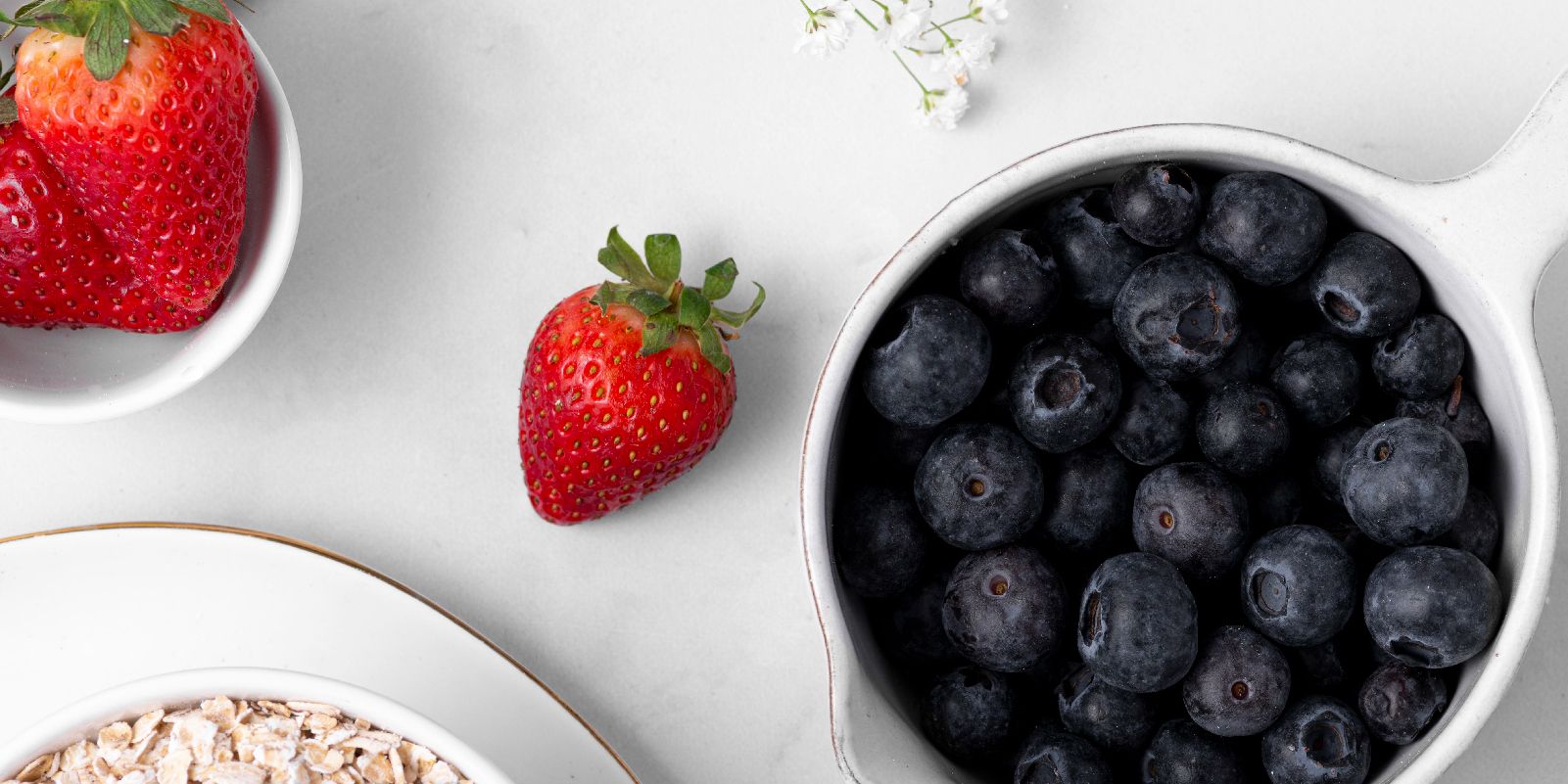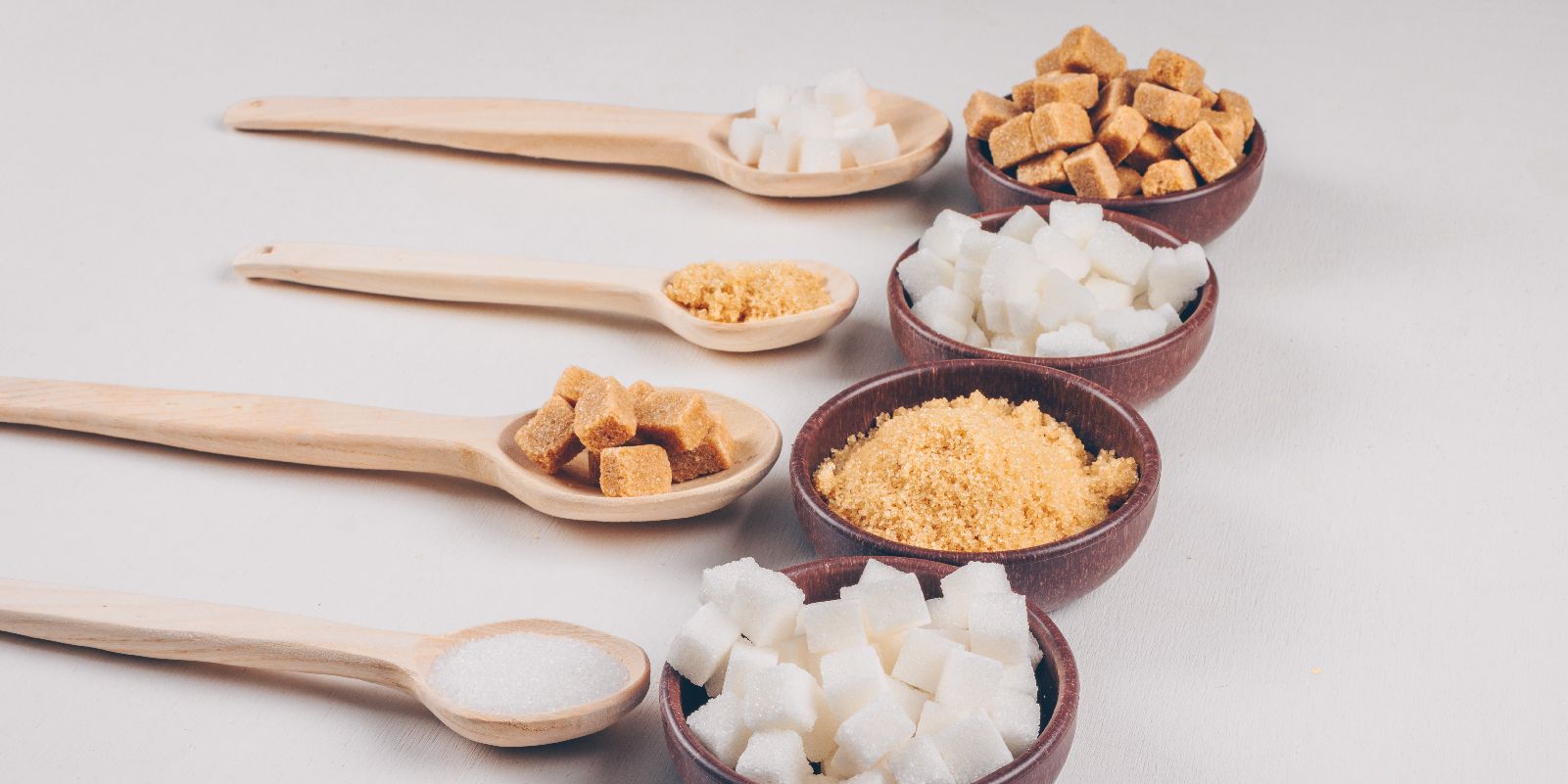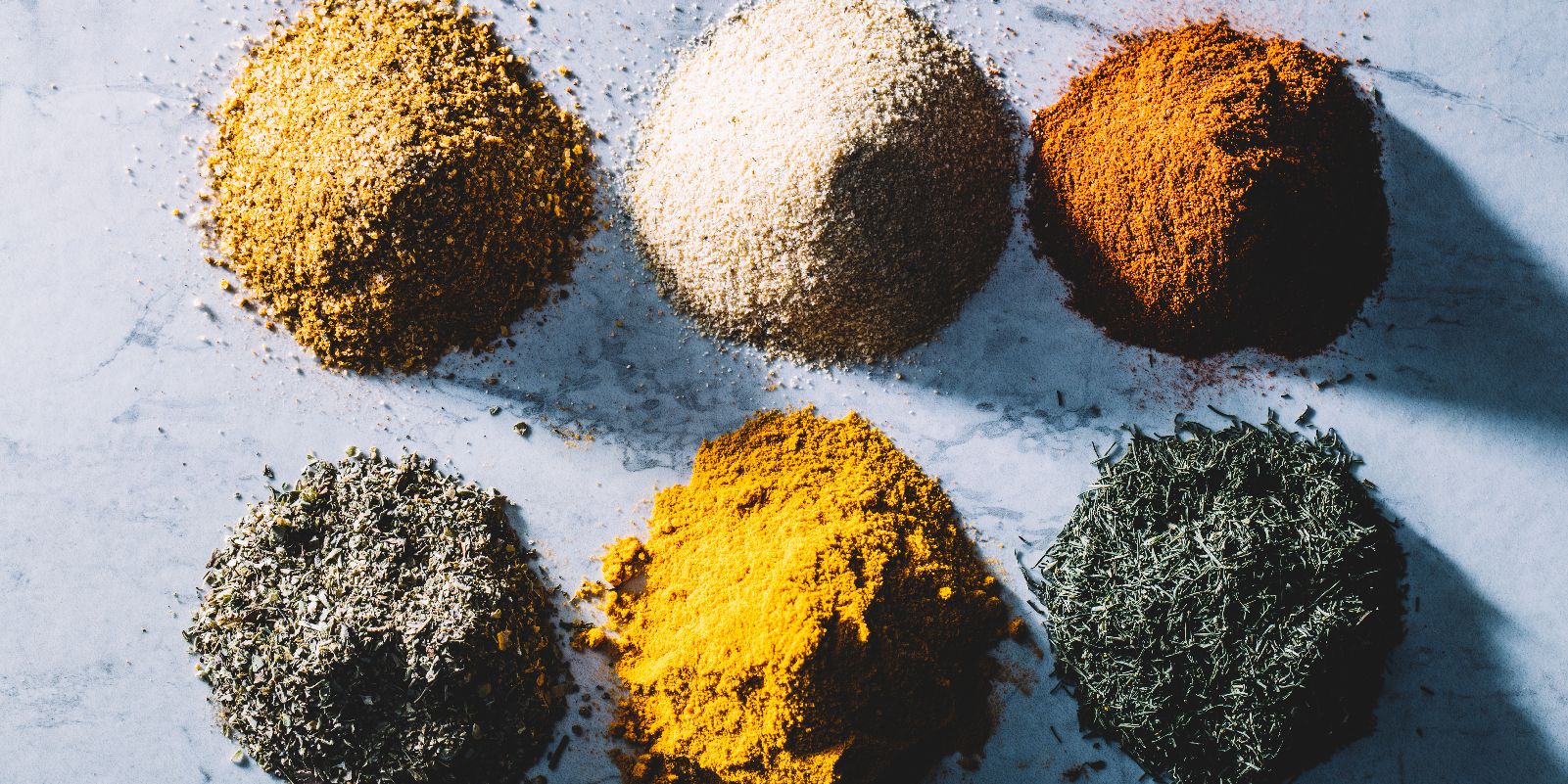Natural Electrolyte Recipes
Natural Electrolyte Recipes
The Essence of Refreshment / 4 recipes
As the sun graces us with its warm embrace during the summer months, the importance of maintaining proper hydration becomes paramount. Our bodies, composed of approximately 60% water, rely heavily on this vital element to function optimally. Hydration supports everything from cognitive performance to metabolic processes, making it essential to replenish fluids lost through perspiration. While water is undoubtedly the cornerstone of any hydration strategy, enhancing your beverages with natural electrolytes can elevate your summer refreshment to new heights.
Electrolytes, such as sodium, potassium, and magnesium, play a crucial role in maintaining fluid balance and supporting muscle function. Instead of reaching for commercial sports drinks laden with artificial ingredients and excessive sugars, consider crafting your own revitalizing electrolyte drinks from whole, plant-based ingredients. Below are four sophisticated recipes that not only quench your thirst but also nourish your body.
- Citrus Mint Electrolyte Infusion
Ingredients:
– 4 cups coconut water
– Juice of 2 limes
– Juice of 1 orange
– 1 tablespoon maple syrup (optional)
– Fresh mint leaves
– Ice cubes
Instructions:
- In a large pitcher, combine coconut water, lime juice, orange juice, and maple syrup.
- Stir well and taste; adjust sweetness if desired.
- Add a handful of fresh mint leaves and let the mixture infuse in the refrigerator for at least an hour.
- Serve over ice, garnished with additional mint leaves for a refreshing finish.
- Watermelon Basil Refresher
Ingredients:
– 4 cups watermelon, cubed
– 1 cup water
– Juice of 1 lemon
– 1 tablespoon sea salt
– Fresh basil leaves
– Ice cubes
Instructions:
- Blend the watermelon and water until smooth, then strain through a fine mesh sieve into a pitcher.
- Stir in lemon juice and sea salt, mixing until dissolved.
- Add fresh basil leaves and refrigerate for at least 30 minutes to allow flavors to meld.
- Serve chilled over ice, garnished with a basil sprig.
- Cucumber Lime Zest
Ingredients:
– 4 cups filtered water
– 1 cucumber, thinly sliced or the juice of 1 cucumber
– Juice of 2 limes
– 1/4 teaspoon sea salt
– 1 tablespoon agave syrup (optional)
– Ice cubes
Instructions:
- In a pitcher, combine filtered water, cucumber slices, lime juice, sea salt, and agave syrup (if using).
- Allow the mixture to infuse in the refrigerator for at least 1 hour.
- Serve over ice, garnished with additional cucumber slices and lime wedges for a sophisticated touch.
- Pineapple Ginger Elixir
Ingredients:
– 2 cups pineapple juice (freshly pressed if possible)
– 2 cups coconut water
– 1 tablespoon grated ginger
– Juice of 1 lime
– Pinch of sea salt
– Ice cubes
Instructions:
- In a blender, combine pineapple juice, coconut water, grated ginger, lime juice, and sea salt.
- Blend until well mixed, then strain through a fine mesh sieve into a pitcher.
- Refrigerate for at least 30 minutes to allow the flavors to develop.
- Serve chilled over ice, garnished with a slice of pineapple or a lime wheel.
As you sip on these easy creations, relish the knowledge that you are nourishing your body with nature’s finest offerings. Embrace the vibrant flavors and refreshing qualities of these natural electrolyte drinks, and let them be your companions on warm summer days, ensuring that hydration becomes a ritual of wellness and vitality.
Chef Juliette
Enso Vegan lifestyle bar












